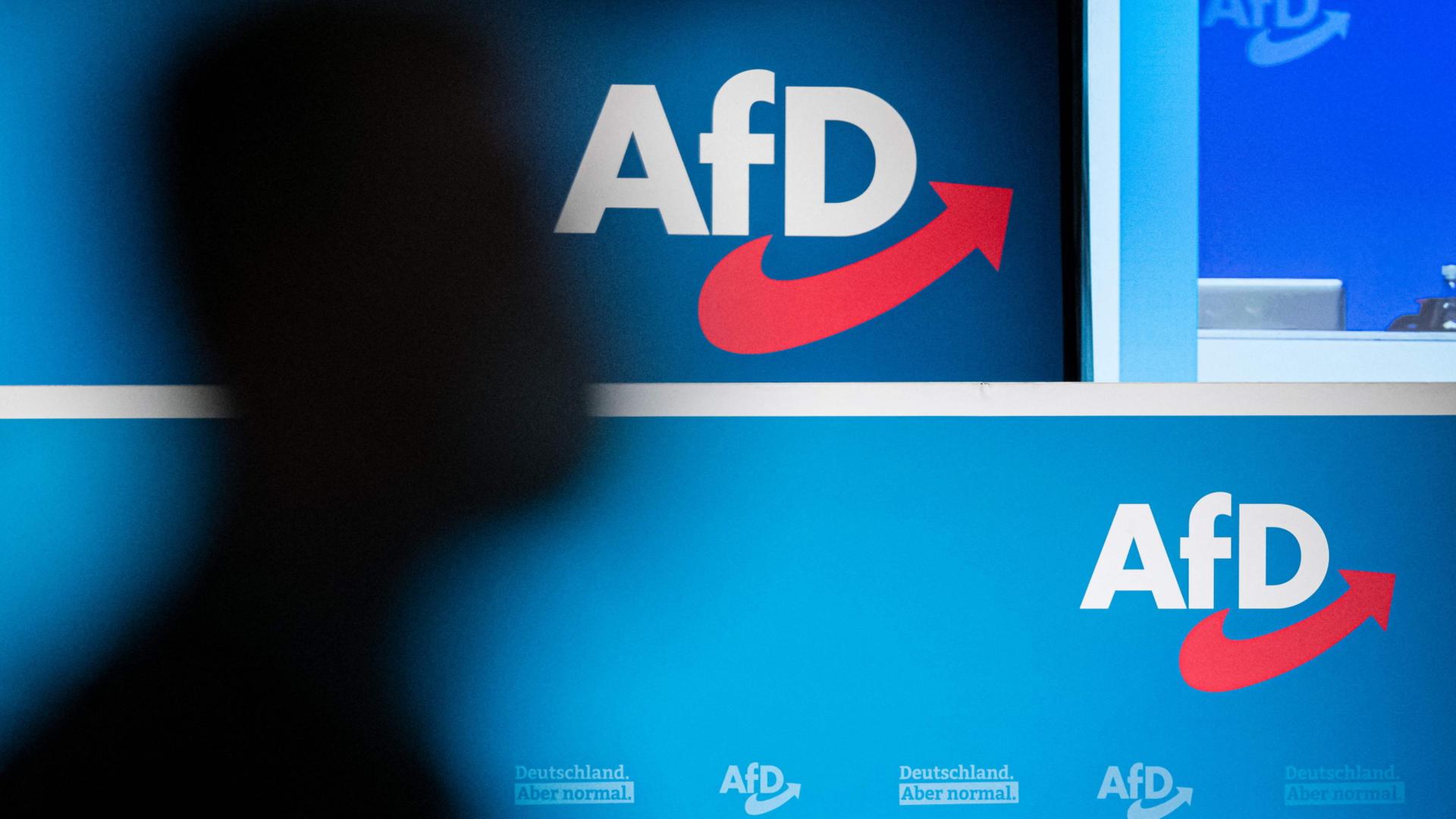International
German Greens’ pro-immigration maximalism brings AfD into the political center

A gross discussion is ongoing in Germany: the government wants to transit monetary aid to asylum-seeking migrants through a payment card that would come to have, somewhat along the lines of the Italian “Citizenship Card” and other similar initiatives, limits on how the money can be spent. Yes, spend it on food or essentials; no, no it on something that is not deemed proper. A way to finalize aid and prevent it from going to waste.
It sounds like a common-sense solution, yet the German Greens, driven by their pro-immigration maximalism, are blocking the rule at the federal level. They want to “Analyze the limits well,” so the charter will not be approved at the federal level before Easter.
The city of Dresden, however, wants to pass its own payment card with similar characteristics, and here there has been a scandal in Germany: in order to overcome the Green bloc, the standard was voted on by the Christian Democrats of the CDU, the liberals of the FDP, the Free Citizens, and the right-wing AfD. Facing the bloc of the maximalist Greens, AfD, the movement hitherto ostracized and kept in the corner, can vote with the others and enter the center. The votes do not stink.
Both the CDU and the semaphore use the center of society as the point of reference for their policies. When viewed in this light, the decision in favor of a payment card for asylum seekers is doubly significant because the federal government, the political center, and the prime ministers of the red, black, and green parties all support it.
At the same time, it is a clear signal to the political class to regulate immigration more closely in the asylum system and not to leave the issue to the AfD. But a part of the Greens has withdrawn from this project and is blocking the necessary change in the law.
While at the federal level the broad consensus fails due to a minority in the governing coalition, in Dresden the AfD managed to accomplish what the semaphore had failed to accomplish: the AfD’s proposal to introduce a payment card was accepted with the votes of the CDU, FDP, and free voters. Friedrich Merz calls the CDU’s electoral behavior in Dresden a mistake. And enough is enough, because it calls into question the solidity of the firewall against the AfD.
On this issue, however, the AfD in the city council has done nothing but put to a vote what the centrist parties, from Olaf Scholz to Friedrich Merz to Winfried Kretschmann of the Greens, want. AfD city councilwoman Daniela Walter happily cites the decision of the Conference of Presidents of Ministers on the benefits of the payment card.
If the governing parties are unable to address the challenges of immigration and keep their promises, then they will pave the way for the AfD to get where it really wants to be: at the center of society. With the consequence that the next step on this path will be nothing more than government, in coalition with the other parties of the German political center,.






